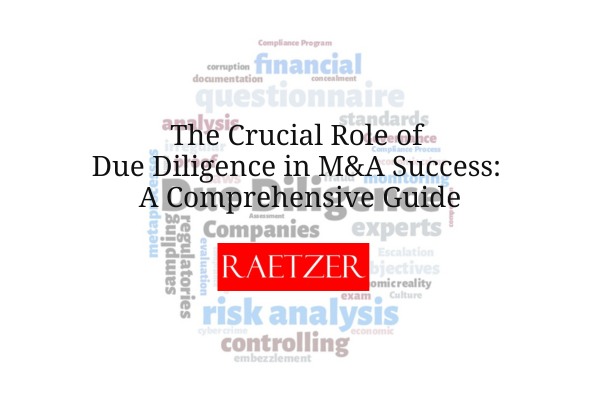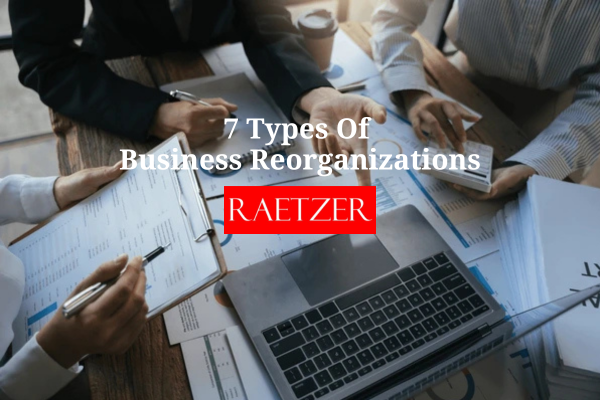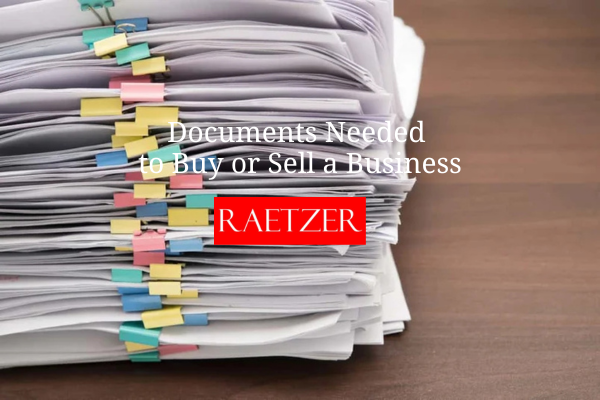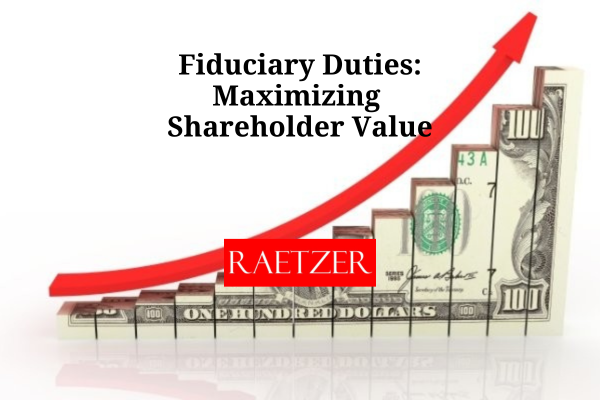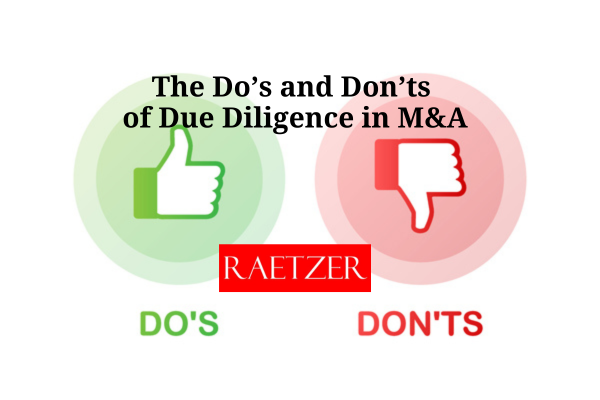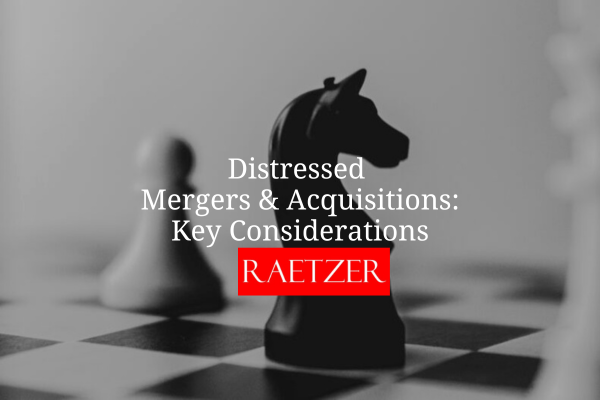Navigating the Implied Duty of Good Faith and Fair Dealing in Contracts
Imagine you’ve signed a meticulously prepared contract after extensive due diligence and negotiations. Yet, shortly after, you find that the other party’s actions—while not explicitly breaching the contract—are obstructing your ability to benefit from the agreement. What can you do?
This is where the implied duty of good faith and fair dealing comes into play. This duty, recognized in most jurisdictions (albeit with varying scope), requires parties to act reasonably and fairly in performing and enforcing contractual obligations.
Navigating the Implied Duty of Good Faith and Fair Dealing in Contracts Read Full Article »


